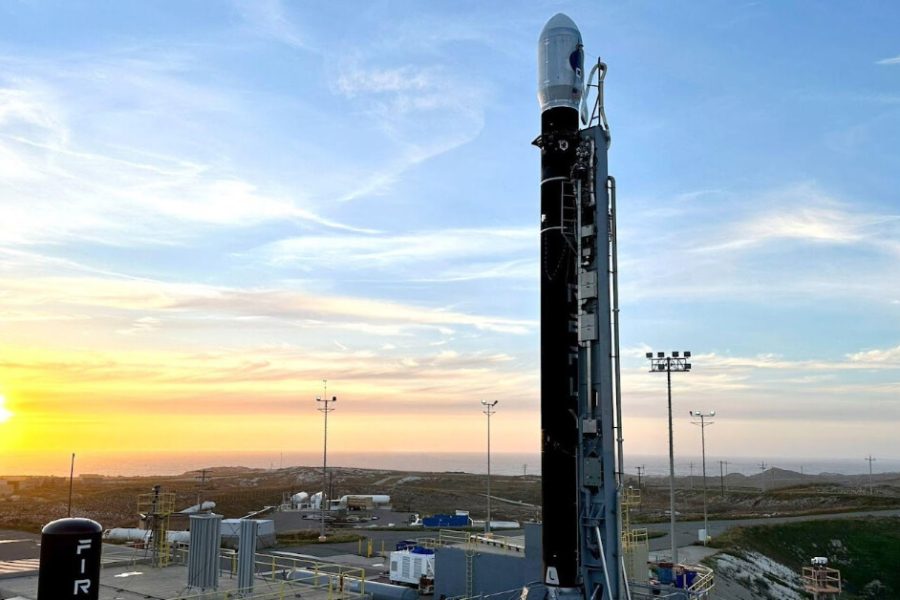Firefly Aerospace, the small launch company that helped the Space Force send a satellite into orbit on a record-fast timeline, plans to acquire software and data company SciTec in an $855 million deal that will further its reach in the defense market.
“SciTec’s mission-proven software and big data-processing capabilities provide warfighters with rapid, accurate information to enable informed decisions that protect our homeland from emerging threats,” Firefly CEO Jason Kim said in an Oct. 5 statement. “These capabilities significantly enhance our ability to deliver integrated, software-defined solutions for critical national security imperatives, particularly Golden Dome.”
Firefly was founded in 2017 with a focus on space launch and notched a major success in 2023, when its small-lift Alpha rocket flew the Space Force’s first Tactically Responsive Space mission, delivering a satellite to orbit with just 27 hours of advance notice. The company is also on contract for two more TacRS missions in the coming years.
There have been hiccups—a mishap during an April launch led to the loss of an Alpha rocket and its payload, a Lockheed Martin satellite, and a test failure last week caused another Alpha rocket to explode.
Meanwhile, going up against major industry players like SpaceX and United Launch Alliance, Firefly has sought to broaden its portfolio.
It has partnered with Northrop Grumman to develop a medium-class rocket called Eclipse geared toward military and commercial launch customers. The companies are hoping for first launch in 2026.
Firefly has also expanded into spacecraft. In March, its Blue Ghost lunar lander touched down on the Moon, becoming the first commercial space vehicle to successfully land on the lunar surface. The company is also building a line of maneuverable satellites, dubbed Elytra, with the first slated to fly later this year.
Firefly’s pending purchase of SciTec positions it to further build on that growth, adding software and ground processing capabilities to its repertoire. The company, which will be a subsidiary of Firefly when the acquisition closes, has expertise in AI and machine learning; intelligence, surveillance, and reconnaissance; target detection and characterization; and remote sensing and analysis.
SciTec has delivered capabilities for the Air Force’s Advanced Battle Management System and is on contract to modernize the Space Force’s missile warning and tracking ground segment through the Future Operational Resilient Ground Evolution program.
During an investor call Oct. 5 announcing the deal, Kim said the SciTec’s data-processing capabilities will strengthen Firefly’s pitch for the Pentagon’s Golden Dome missile shield project.
“We can launch and deliver space-based interceptors, launch surrogate targets and hypersonic tests, and integrate data processing from a network of sensors,” Kim said. “This closes the fire control loop with an integrated network of interceptors, essentially filling the missing link for the air and missile defense shield for the U.S. homeland. In other words, SciTec is well-positioned to provide the fire control and common ground elements for Golden Dome.”
Beyond Golden Dome applications, Kim said SciTec’s data processing and ISR offerings, when integrated on spacecraft like Elytra and Blue Ghost, could support space domain awareness and the Space Force’s need for more maneuverable, dynamic satellites.
